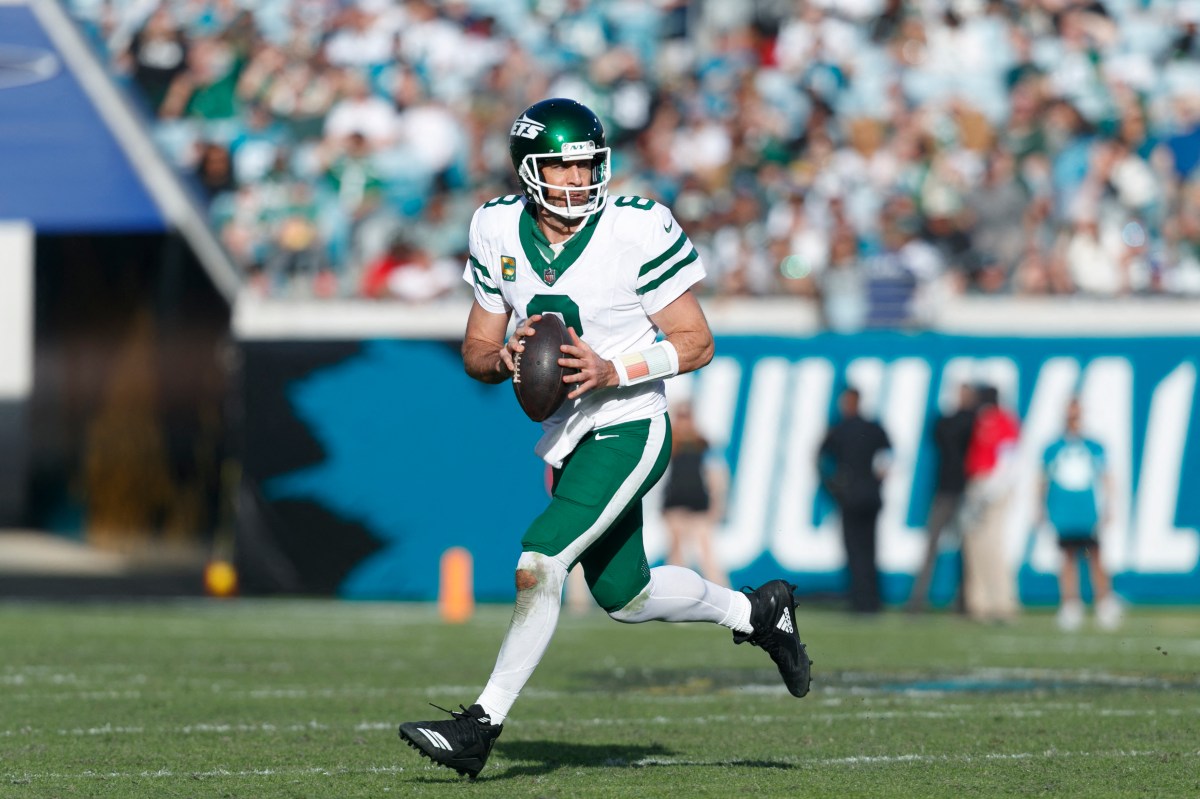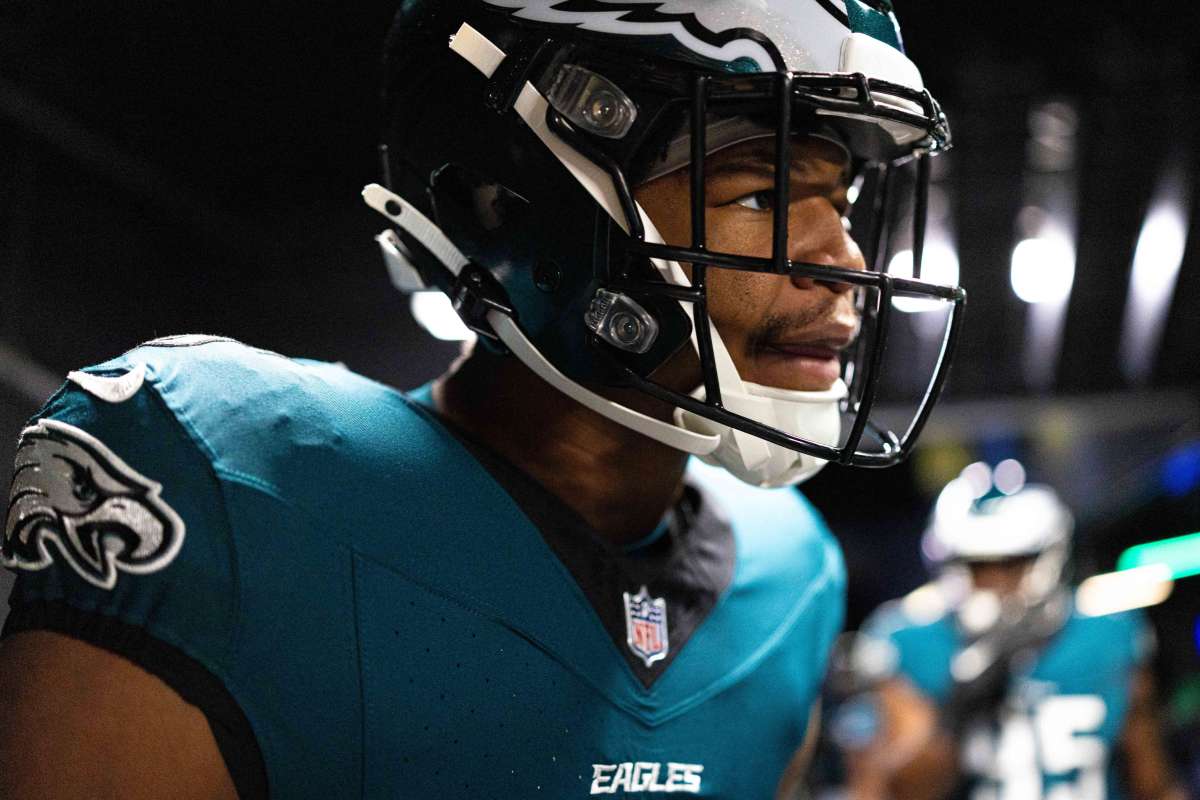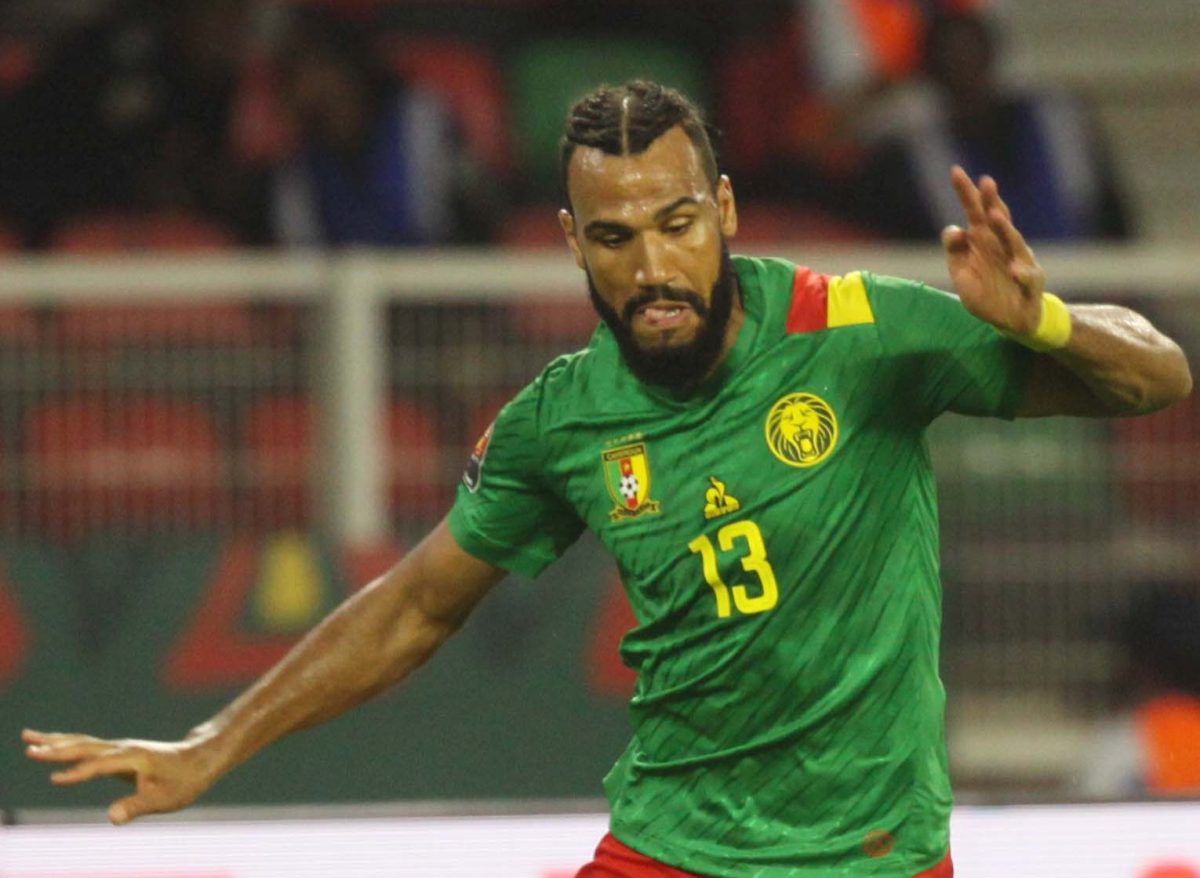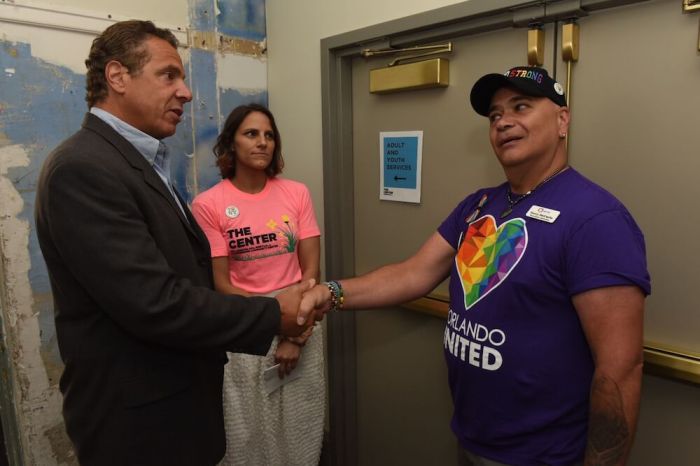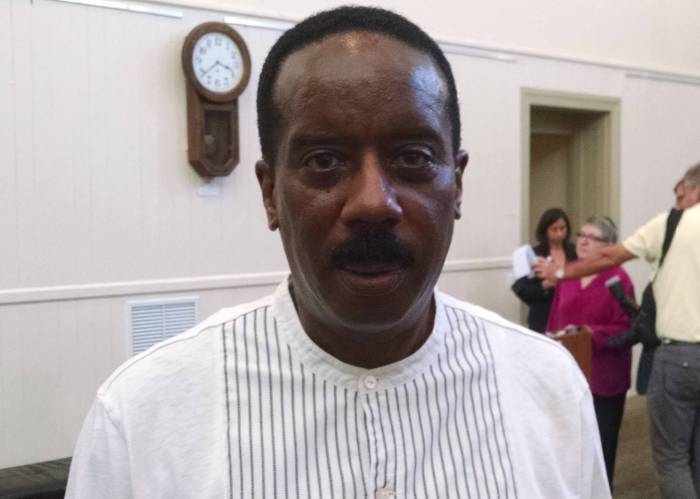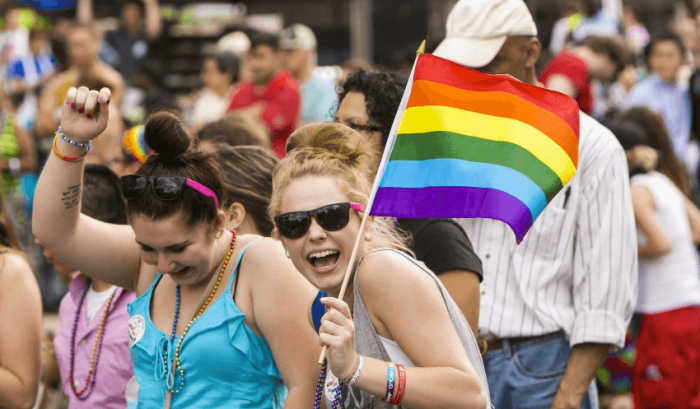With “Stonewall,” director Roland Emmerich steps out of the blockbuster disaster world that made him famous (“Independence Day,” “2012”) and into a much smaller film playground, telling the story of the 1969 Stonewall riots, a turning point in the gay rights movement. But he’s found himself in something of a real-life disaster, as LGBT activists and critics have been very vocal about the film’s alterations to history — primarily inserting Danny (Jeremy Irvine), a rural white character who comes to New York just before the riots, who serves as the audience’s perspective on the events. Here, in his own words, Emmerich defends his decisions in how to present this piece of history. This is the first time you’ve really addressed LGBT issues at all in your films. What was different about now? Modern audiences? RELATED:‘Stonewall’ fails to give the gay rights watershed the stirring film it deserves How concerned were you with getting all the historical details right? What you change, what you don’t … There’s already controversy over having the fictional Danny character throw the first brick, though. RELATED:TIFF: Gaspar Noe hates circumcision, loves Michael Bay movies But do you understand why people areupsetabout that choice? I was also curious about Danny’s rather complicated approach to sex and the depiction of older, predatory gay men — procuring boys and such. RELATED:Brit Marling and Julia Hart on the power of women talking together in “The Keeping Room” What do you think specifically about Danny’s own journey? This is clearly a much smaller production than you’re used to. What surprised you about working at this budget size? Follow Ned Ehrbar on Twitter:@nedrick
First, when I was a young director I didn’t want to be called gay because I wanted to make big movies. Then when I came to America, I realized that there’s gay filmmakers making big films, so I can come out openly now — because I was always concerned, because movies were for me my life and I didn’t want it to kind of tarnish that, you know what I mean? Which is stupid but was just how I thought. So I was relatively late coming out — I was 33 or so — publicly. And then what happened was people constantly kept saying to me, “You should do a gay movie” because now they knew that I’m gay. Or a “personal” movie. And then at one point these two producers came to me and said, “What about Stonewall?” And I said, “Somebody should make a movie about that!” And then it took three or four years until I finally did it, but in that time I was constantly thinking how could you tell a story of that time so people today could still relate to it? For me, every movie has to have a personal interest and a thing where people could maybe buy into that movie or that story.
Yes, but also a straight audience. When you make gay films everybody says it’s for gay people, but no it’s not. The majority is straight, and I’m curious how many straight people will go and see it. I hope a lot of them, I hope so.
I’m always relatively courageous there because I’m always saying, “It has to make sense as a story.” As long as I get the feeling right, you know? For me, it was very rewarding because we showed it to the Stonewall veterans and to Martin Boyce, who was a kid of that time, and when they came out of the film they said, “Oh my God, this is very, very realistic.” That’s, for me, the highest honor you could get.
Well, there’s all kinds of theories about that. First of all, most of them were cobblestones. But we chose a brick because there was one black, very effeminate kid who always had a brick in her handbag, and when she wanted to have something she threw it through the window and grabbed that article of clothing she wanted to have. And that for us was a storyline where a kid comes from the countryside, is totally shocked by what’s happening — they steal, they do these kinds of things — and then naturally in the riot, this kid who’s always kind of way too nice, but because of jealousy and just frustration he’s the one who throws the brick. That’s for me a story which I think is important to tell. It’s always great for me when the most unlikely character does something. That always grabs me the most.
Well, a lot of people will be upset. I knew this before I made the film. But nobody knows really, for sure, who did what when. There’s a couple of things we know for sure, but who was the first person who threw something, nobody knows. Nobody knows. The only thing we really know is that transgender people fought the hardest, but there were not only transgender people, and we show that. But we show them, because Ray (Jonny Beauchamp) is kind of in the center of the story and is this transgender Puerto Rican. And we have a black transgender person, too — two of them, actually, we have Marsha P. Johnson — and we see them fighting and stuff. But I kind of thought, this a little bit like when you criticize other movies. Even “Selma” got criticized because two or three scenes were in there which the director chose — knowing what happened in real life in history but it didn’t fit in the story, really, so she made a couple of choices to tell the story in that way. She got huge flak for that. So I knew we would get a lot of criticism. But we’re storytellers. I’m not a documentarian. I’m not making a documentary. It’s how I see a certain historical event. It’s artistic expression.
Well, it was happening. [Jon Robin Baitz] and I, the writer, we said we have to make a movie which is all-inclusive, so we have to figure out what really is all forms of sexuality. We have people like Bob Kohler and his boyfriend who are nearly married, very much a marriage situation, but then we also have these older men who prey on younger kids, and that was just happening. It’s happening, by the way, today. But we wanted to be all-inclusive. We wanted to also show what happens when you get on the street — most of the time, when a kid becomes homeless and is gay and ends up on the street in L.A. or New York, he will in the first week take drugs and sell his body. It’s just, like, a fact. Everybody has a different attitude about it, and our characters have very different attitudes about it, but nevertheless it’s a fact.
Well, Danny is a little bit like me, you know? I’m not the most sexual person, I’m just very kind of shy. I always was very shy about my sexuality and with whom I have sex. He’s very much like me. Look, it’s like this. There’s a theme to this movie, which is unrequited love. Because when you grow up gay you constantly fall in love with somebody who is not gay, and that was very important for me. With Danny, he goes through this whole story and goes through a lot in a year, but he still comes back to confront this one person he was caught with because he is the one who he’s really in love with. That’s important. I never had the courage, so I have my character have the courage.
It’s actually the smallest I’ve done, budget-wise.
Actually, what I learned is you can still do a great movie. I had maybe half the time to shoot it that I’d normally have, and I made it in 42 days and it worked. For example, I learned something for my next film [“Independence Day 2”]. My next movie I did in 78 days, and normally a big movie gets shot in 100, 110 days. So I learned something from “Stonewall.”
Emmerich on Stonewall: ‘Nobody knows’ who threw the first brick
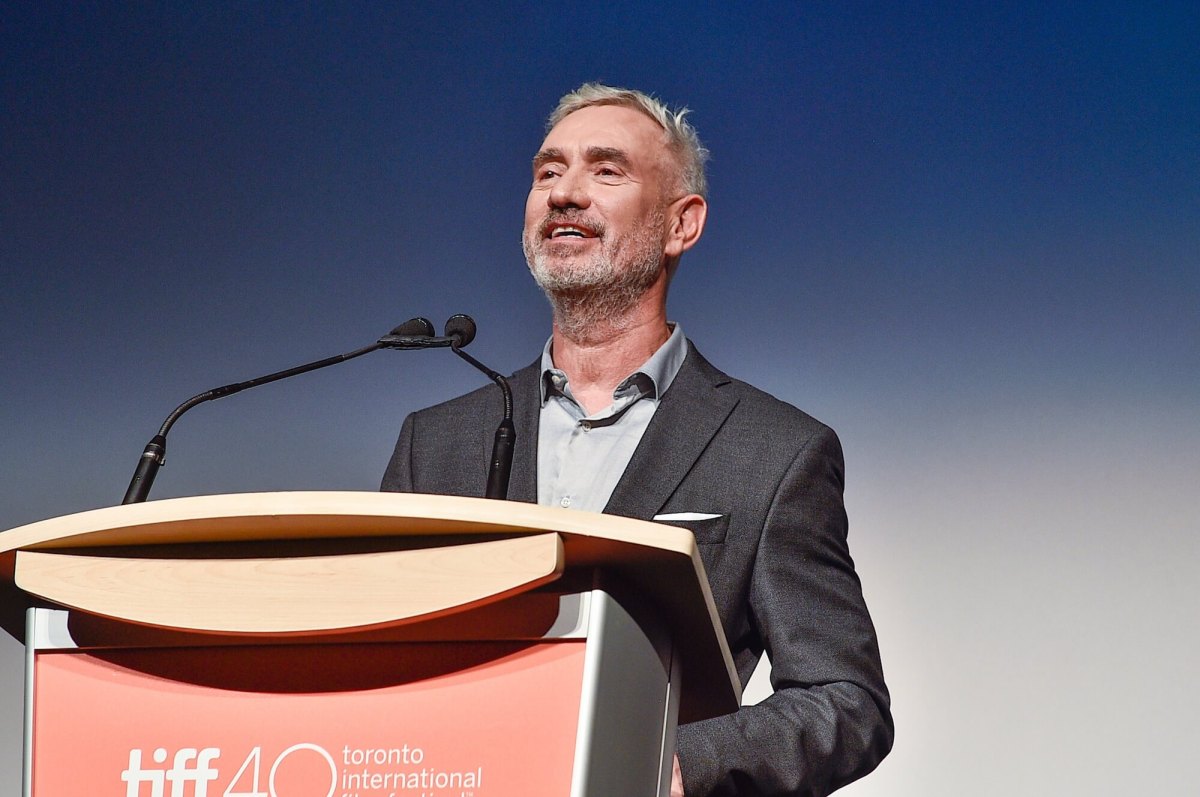
Getty Images







